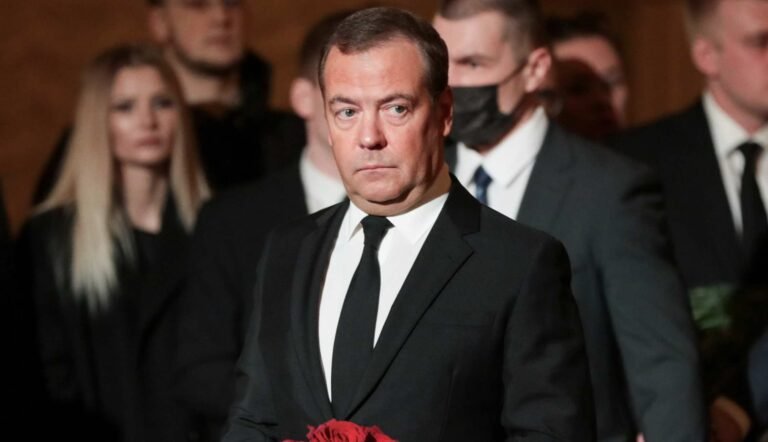A pro-Russian hacker group has claimed responsibility for taking the official website of the British Royal Family offline for a short period over the weekend amidst aggressive rhetoric from the former Russian president over Britain’s support of Ukraine.
A denial-of-service (DoS) attack by the hacker group KillNet is believed to have taken royal.uk offline for close to 90 minutes on Saturday, following a condemnation by King Charles of the ongoing war in Ukraine.
Known for its DoS attacks on government and private companies that support Ukraine, KillNet was the subject of an April 2022 warning issued by the Five Eyes intelligence alliance.
In August of that year, the group is believed to have led a cyber-attack on American defense manufacturer Lockheed Martin, followed by a series of attacks the following month on close to two dozen official Japanese government websites. In October 2022, the group also targeted several websites of U.S. airports.
Shortly after Sunday’s DoS attack, former Russian president and prime minister Dmitry Medvedev, now the Deputy Chairman of the Security Council of Russia, accused Britain and other NATO countries in an online posting of “pushing us towards a Third World War.”
Medvedev criticized statements made by the British Minister of Defence alluding to Britain offering training for Ukrainian soldiers in their home country, which Medvedev said would “turn their instructors into a legal target for our armed forces.”
Medvedev’s aggressive language follows similar postings he has made recently on Telegram. On the anniversary of the September 11 terrorist attacks, Medvedev warned of future terrorist attacks that may be carried out using atomic or biological weapons, adding that the leadership of one of the nuclear superpowers “will lose their nerve, and he will make an emotional decision to use weapons of mass destruction.”
Medvedev has employed similar rhetoric that evoked warnings of a third World War in recent months. In July, the former Russian president issued an inflammatory posting coinciding with a NATO-backed security package for Ukraine, warning that German missile defense providers whose weapons were sent to Ukraine would become Russian targets.
Despite Medvedev’s recent online musings, Britain has since clarified that it does not intend to send British training operations to Ukraine in the immediate future.
“What the Defence Secretary was saying was that it might well be possible one day in the future for us to do some of that training in Ukraine,” said British Prime Minister Rishi Sunak, who further clarified that “no British soldiers… will be sent to fight in the current conflict.”
Since 2022, training operations in the UK have seen more than 20,000 recruits from the embattled country, which Russia invaded on February 24, 2022, although NATO member nations have limited their involvement on Ukrainian soil due to the risk that they may become targets of Russian attacks.
During a recent visit to Britain, Ukrainian President Volodymyr Zelensky engaged in a discussion with British officials about increased English involvement in providing aid to his country, particularly in the Black Sea.
“Britain is a naval nation so we can help and we can advise, particularly since the water is international water,” said Grant Shapps, Secretary of State for Defence of the United Kingdom, in a recent statement.
“There’s a lot of places where Britain can help advise,” Shapps added.
Micah Hanks is the Editor-in-Chief and Co-Founder of The Debrief. He can be reached by email at micah@thedebrief.org. Follow his work at micahhanks.com and on Twitter: @MicahHanks.

